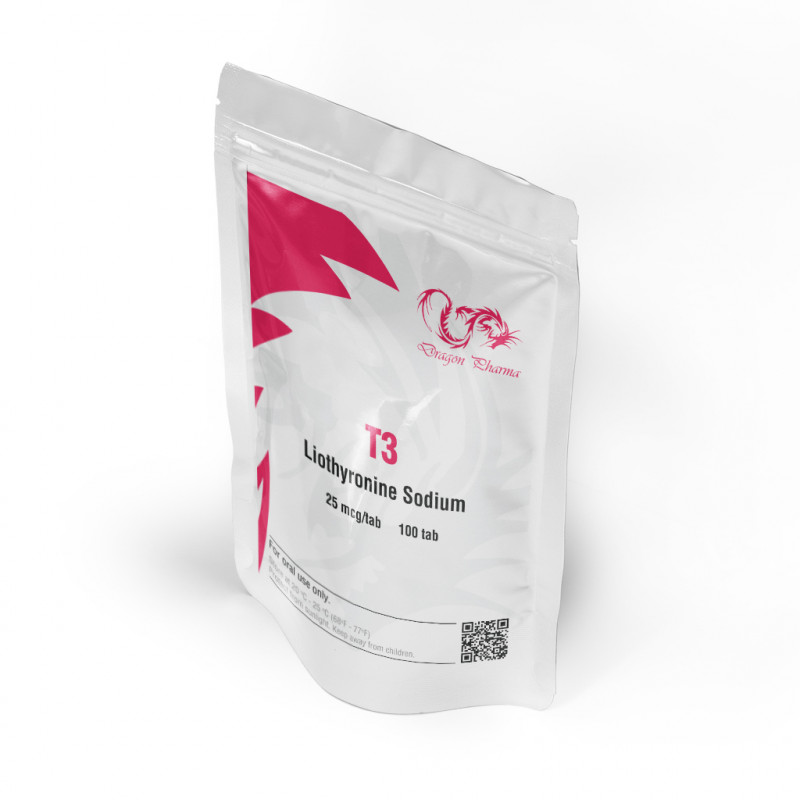Description
T3, also known as triiodothyronine, is a hormone that plays a vital role in the regulation of metabolism, growth, and development in the human body. It is produced by the thyroid gland and acts on many different tissues throughout the body. The effects of T3 are wide-ranging and complex, and its functions are critical for the maintenance of good health.
One of the primary effects of T3 is on metabolism. T3 helps to regulate the speed at which the body burns calories and converts food into energy. It increases the basal metabolic rate, which means that the body burns more calories even when at rest. This effect can be especially beneficial for individuals who are trying to lose weight or maintain a healthy weight. T3 also stimulates the breakdown of fat stores, which can help to reduce body fat percentage.
In addition to its effects on metabolism, T3 also plays an essential role in the development of the brain and nervous system. It is crucial for the proper growth and maturation of these systems during fetal development and early childhood. T3 deficiency during these critical periods can lead to severe developmental disorders and intellectual disability. Additionally, T3 deficiency in adults can result in cognitive impairment, depression, and other mood disorders.
T3 also has effects on the cardiovascular system. It increases heart rate and cardiac output, which can improve blood flow and oxygen delivery to tissues. T3 also helps to maintain normal blood pressure by promoting vasodilation, or the relaxation of blood vessels. These effects can be beneficial for individuals with cardiovascular disease, such as heart failure or hypertension.
The effects of T3 on bone metabolism are also significant. T3 stimulates the activity of osteoblasts, the cells responsible for bone formation, and inhibits the activity of osteoclasts, the cells responsible for bone resorption. This effect helps to maintain bone density and prevent osteoporosis, a condition characterized by weak and brittle bones.
T3 also plays a role in the regulation of body temperature. It increases the body’s basal metabolic rate, which generates heat, and promotes vasodilation, which helps to dissipate heat. These effects help to maintain normal body temperature and prevent hypothermia.
In conclusion, the effects of T3 on the human body are numerous and diverse. It plays a critical role in the regulation of metabolism, growth, and development, as well as the cardiovascular and nervous systems. T3 deficiency can lead to severe developmental disorders, cognitive impairment, mood disorders, and other health problems. On the other hand, T3 supplementation can be beneficial for individuals with certain medical conditions, such as hypothyroidism, cardiovascular disease, or osteoporosis. However, the use of T3 should be carefully monitored by a healthcare professional to avoid potential side effects or complications.







